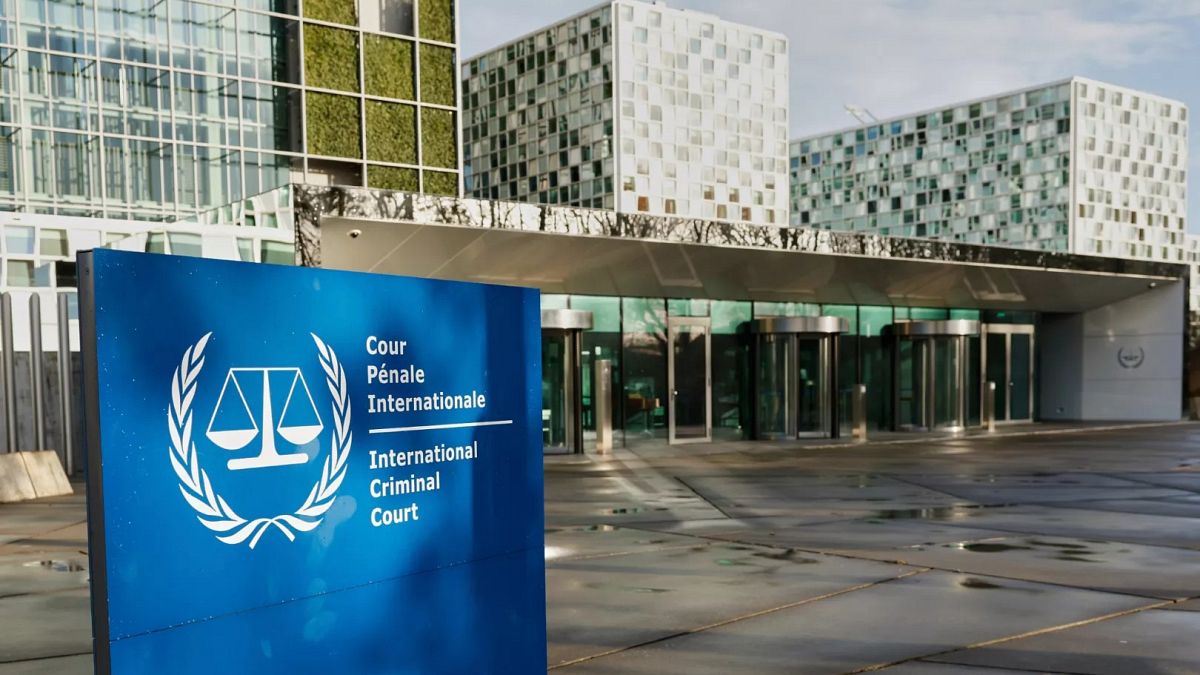

In a world marked by dynamic developments and evolving justice systems, recent events shed light on crucial legal matters across multiple continents. From Europe to the Americas and Africa, each story highlights the ongoing pursuit of justice and the multifaceted nature of international legal proceedings.
In a significant move, a man accused of committing heinous crimes against humanity at a Libyan prison has been arrested in Germany, according to the International Criminal Court (ICC). This arrest represents a critical step in the investigation initiated at the request of the United Nations Security Council back in 2011. This ongoing international effort aims to bring accountability for the violence that erupted during the upheaval leading to the fall of Muammar Gaddafi, paving the way for the tumultuous civil war in Libya. The court’s continued engagement in addressing these allegations underscores the global commitment to upholding human rights and enforcing justice.
In Brazil, legal proceedings focus on former President Jair Bolsonaro, who is currently facing a trial in the Supreme Court. The trial examines his alleged involvement in a coup attempt to overturn the results of the 2022 election, in which he was defeated by Luiz Inácio Lula da Silva. Recent developments in the case include a federal police raid on Bolsonaro’s mansion, alongside a ban on his communication with foreign diplomats. Additionally, the court has ordered him to wear an electronic ankle tag amid concerns of a potential flight risk as the trial approaches its conclusion. These measures reflect the judiciary’s objective to ensure the judicial process proceeds smoothly while addressing concerns about the rule of law.
Meanwhile, in the United States, former President Donald Trump has initiated legal action against the Wall Street Journal, challenging the publication over an alleged letter related to his connection with the deceased Jeffrey Epstein. Trump has rebuffed these claims, spotlighting the intensifying scrutiny around his past associations. The lawsuit represents another layer in the unfolding narrative concerning Trump’s ongoing legal intricacies and media relations.
In a different context, the Trump administration’s decision to destroy nearly $10 million worth of contraceptives, originally intended for overseas distribution, has raised eyebrows. This action, resulting from the end of foreign aid, incurs a tax burden estimated at $167,000 and primarily affects women in Africa who were the intended recipients of these resources. The move draws attention to the broader implications and consequences of international policy decisions on global aid dynamics.
Kenya has become the focal point of another legal battle involving Boniface Mwangi, a renowned activist accused of facilitating terrorist acts during protests against President William Ruto’s government. The demonstrations, held on June 25, resulted in the tragic deaths of at least 19 individuals. The charges against Mwangi not only highlight the complex intersection of activism and national security but also reiterate the ongoing struggle for civic freedoms amid national governance challenges.
These stories illustrate diverse and intricate legal landscapes, reminding us of the complex entanglements of justice, governance, and individual rights in today’s world. Each scenario presents its unique challenges and questions, shaping the narrative of global justice as these legal unfoldings continue to evolve. Through a combination of international cooperation and steadfast legal processes, the global community remains committed to addressing these critical issues.
Source: {link}
